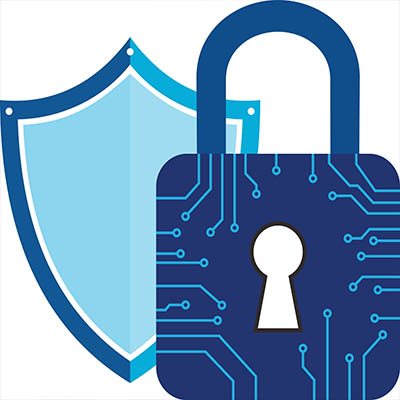It’s undeniable that artificial intelligence is a big part of doing business in 2026. Given this, it is not surprising that many products are being developed to push the technology into areas of business it hasn’t touched. Today, we are going to tell you about the difference between AI models and why one man’s great idea could be the thing that set AI back.
Does the idea of cybersecurity strike fear into your heart? We know it’s not every business’ specialty, but that doesn’t make it any less important for companies like yours to consider. Today, we want to make it as easy as possible for your employees to practice appropriate cybersecurity measures, and that starts with a simple one-page cybersecurity cheat sheet.
We will be the first to admit it: we are obsessed with security. In an era where cybercriminals are more sophisticated and persistent than ever, that obsession is a necessity. Modern security requires a fundamental shift in mindset: you cannot implicitly trust anyone. Not outside hackers, and—uncomfortable as it may be—not even the people inside your organization. This trust-no-one approach is the foundation of Zero-Trust Security.
As an IT service provider, our techs spend their days at the intersection of cutting-edge and business-critical. In 2026, the conversation about each has shifted. It is no longer about whether you should use AI, because everyone is, but about the risks of trusting it blindly. We have seen it firsthand: companies that treat AI like a set-it-and-forget-it solution often end up calling us for emergency damage control. Here are the major pitfalls of over-trusting AI and how to keep your business from becoming a cautionary tale.
The greatest vulnerability in your business’ network security actually has nothing to do at all with the systems in place. It’s actually your employees who will ultimately put your company at risk. Hackers rely on the fact that your team is busy, stressed, and trying to be helpful, and this helps hackers engineer moments where employees will click first and ask questions later, much to your business’ detriment.






